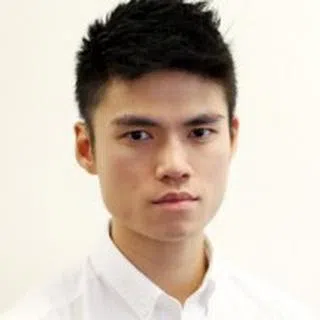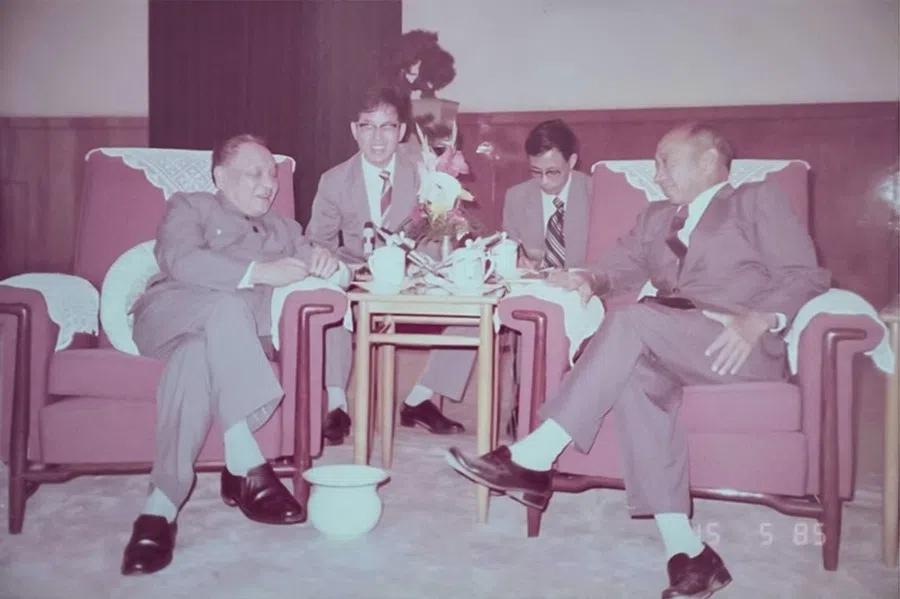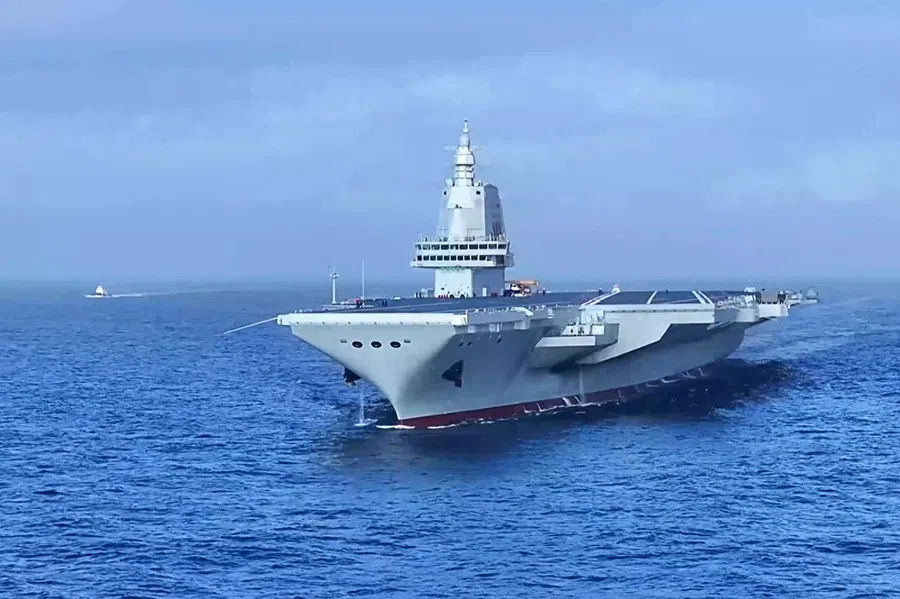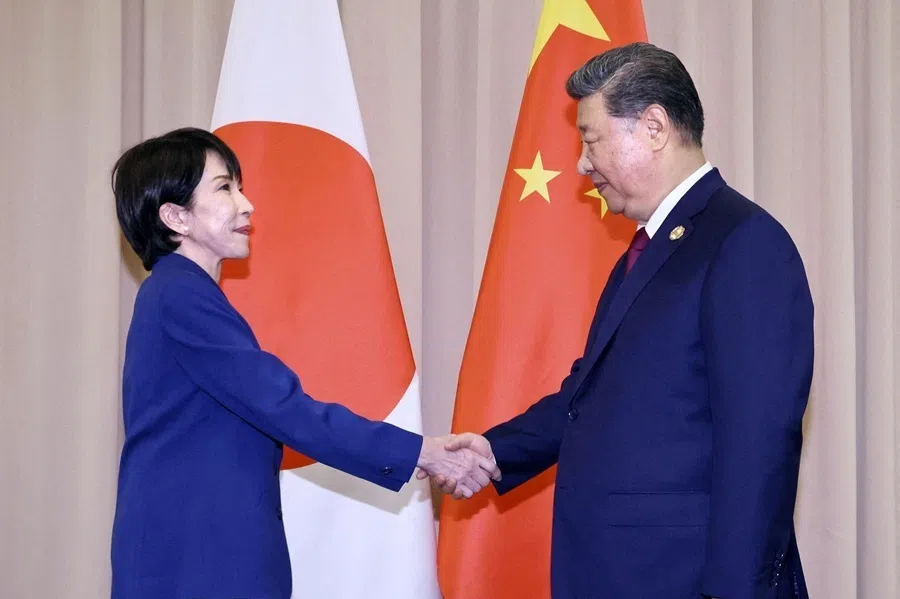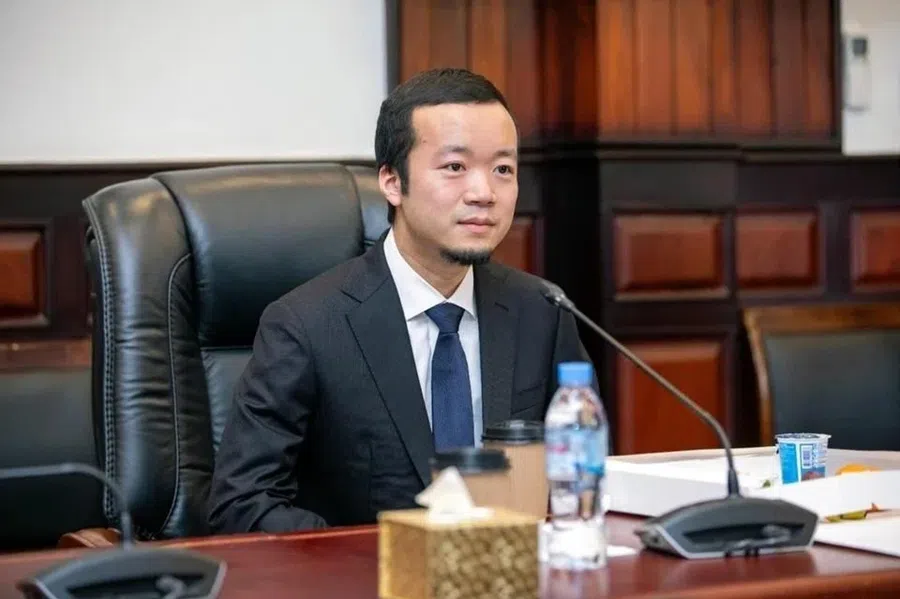Stay well, my beautiful Taipei
The Taiwanese are looking increasingly lost and powerless as they face rising China-US competition and now, the pandemic. Zaobao correspondent Ng Soon Kiat reflects on the years he has spent in Taipei, and wishes the best for the beautiful island he has called home for more than three years.
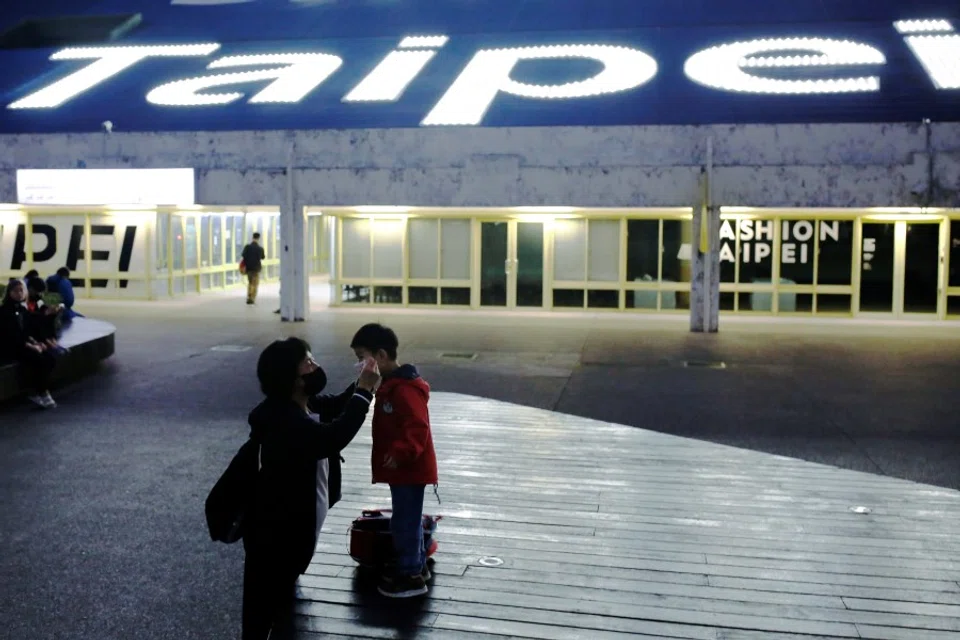
Since my posting to Taipei was coming to an end, I met up over dinner with some Taipei friends who previously worked in the news industry. They could not hide their surprise at how long I have been stationed in Taipei: "Over three years? That's long enough!"
They were joking, but their true thoughts showed: Taiwan is small with messy politics and a poor news climate. It is not worth a long stay.
Three years and four months is actually not that long. But working in Taiwan's news cycle where every second counts, it is quite exhausting to be bombarded with waves of political news every day.
Such a political climate has drained its social capital, damaged its economic competitiveness, and torn society apart.
When I was first posted to Taipei in December 2016, President Tsai Ing-wen was just six months into her first term, and all the attention was focused on the municipal elections due to happen two years later. Then in 2018 when Kuomintang candidate Han Kuo-yu took the Green camp stronghold of Kaohsiung in a startling win, there was immediate speculation about whether Mayor Han might level up to become President Han. The rest is history with President Tsai winning the presidential election earlier this year.
All this while, Taiwan has been mired in an endless power struggle between political parties, with elections taking place practically every other year. Such a political climate has drained its social capital, damaged its economic competitiveness, and torn society apart.
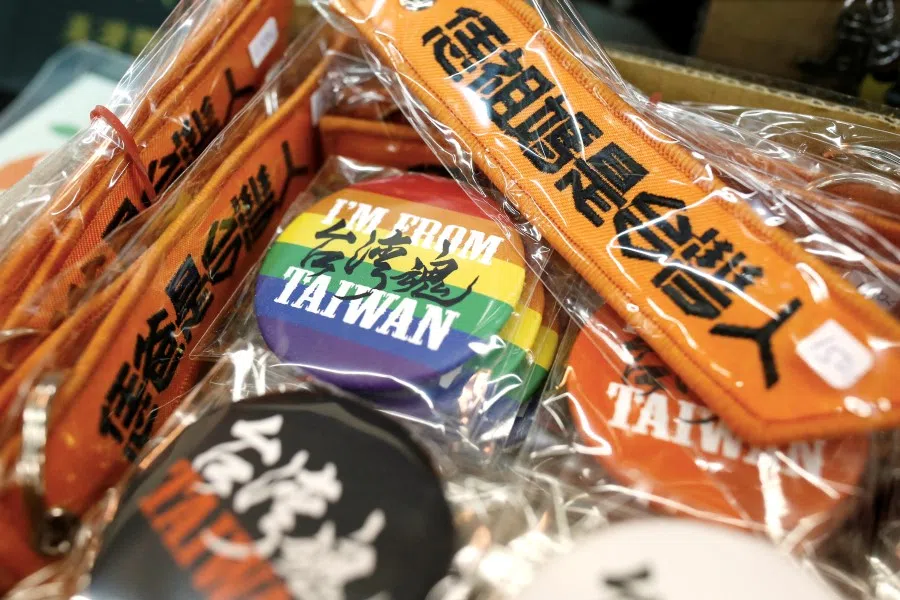
I cannot forget the elderly gentleman at one of Han's rallies in Taichung last year, who held back his tears in front of his wife, as he recounted how he had cut ties with his child, whose political views were completely different from his own. I will always remember the young gay man about my own age, cold-heartedly telling me on the phone that he wished his parents - who were against same-sex marriage and firmly Blue camp - would just die and not get in the way of Taiwan's progress.
Taiwan, do your people continue to make up your most beautiful scenery?
After a history of imposing and then lifting martial law, and after undergoing decades of democratic struggle, Taiwan should well deserve to call itself a beacon of democracy for Asia and the Chinese-speaking world. But from my first-hand observations over the past years, I have found that there is less tolerance with greater freedom of speech. People no longer think and discuss political issues rationally; going along with your line is seen as "love", while going against means "betrayal".
This is true especially when it comes to mainland China. Some groups show an obvious hostility - from political parties to politicians to the media, they all want to kill and destroy. In Taiwan, public figures cannot say anything good about mainland China, otherwise, they will either have to make a public apology or be mercilessly vilified and boycotted by the internet community.
Following last year's wave of anti-mainland sentiment, "resisting mainland China and protecting Taiwan" (抗中保台) has become a refrain in Taiwan. Now, most people view mainland China with animosity and even resent Taiwanese who live in China, and those who do business or study there. When the coronavirus was spreading, a slightly flawed arrangement for a chartered flight to evacuate people evolved into a political exchange across the straits. There were even cheers when mainland Chinese spouses and children were not allowed into Taiwan. A pandemic that nobody wanted has become the basis to set up a target of hate.
Indeed, no matter how chaotic its political situation, the charm of Taiwan's soft power cuts through the noise, impressing the world.
However, the same ruthless pandemic has shown the world Taiwan's resilience. Despite being blocked by Beijing from being part of the global pandemic framework, following the painful lesson of SARS, Taiwan is now even more careful and independent in dealing with the pandemic. Its highly effective model has been recognised by the international community, and is another example of Taiwan's soft power.
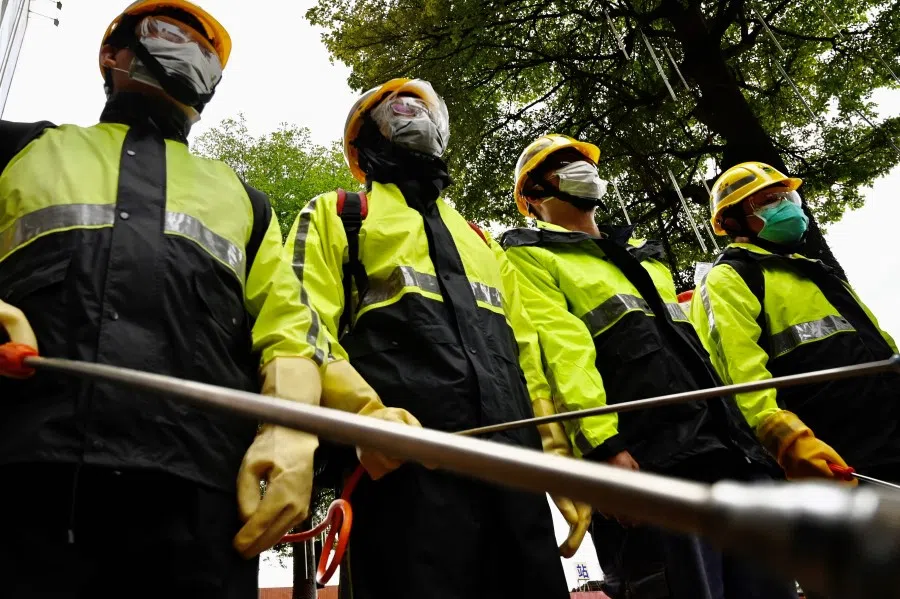
Indeed, no matter how chaotic its political situation, the charm of Taiwan's soft power cuts through the noise, impressing the world. From its beautiful landscapes to its civilised people, its immense creativity, and its diversity, there is never a lack of spiritual food when living on the island. I am happy to have been able to explore Taiwan's many layers, outside of the political arena.
Taiwan has never fully held its fate in its own hands.
However, even the richest spiritual culture would be tempered by the larger environment. Before the coronavirus hit, Taiwan's stock market broke the 10,000-point mark, unemployment was at a historic low, and politicians said its economy was the "best in 20 years". However, it is also true that salaries have remained stagnant and job prospects have not improved. No wonder the Taiwanese always seem worried, and are increasingly lost.
Now, facing the cruel reality of the pandemic, they seem even more powerless and incapable of action. Taiwan has never fully held its fate in its own hands. How it handles itself amid the uncertain international situation, especially with deteriorating China-US relations, will be a test of its resilience and ability to maintain wisdom and dignity instead of becoming a sacrificial lamb.
It was drizzling in the afternoon I left Taipei. I quickly walked to a small eatery near my lodgings and ordered a piping hot bowl of mee sua with pork intestines and oysters (a popular street food in Taiwan). The steam rose from the bowl, blurring my vision. As I savoured the everyday flavour of Taiwan's street food, I felt a sense of peace and serenity, which might diminish all too soon in the future.
